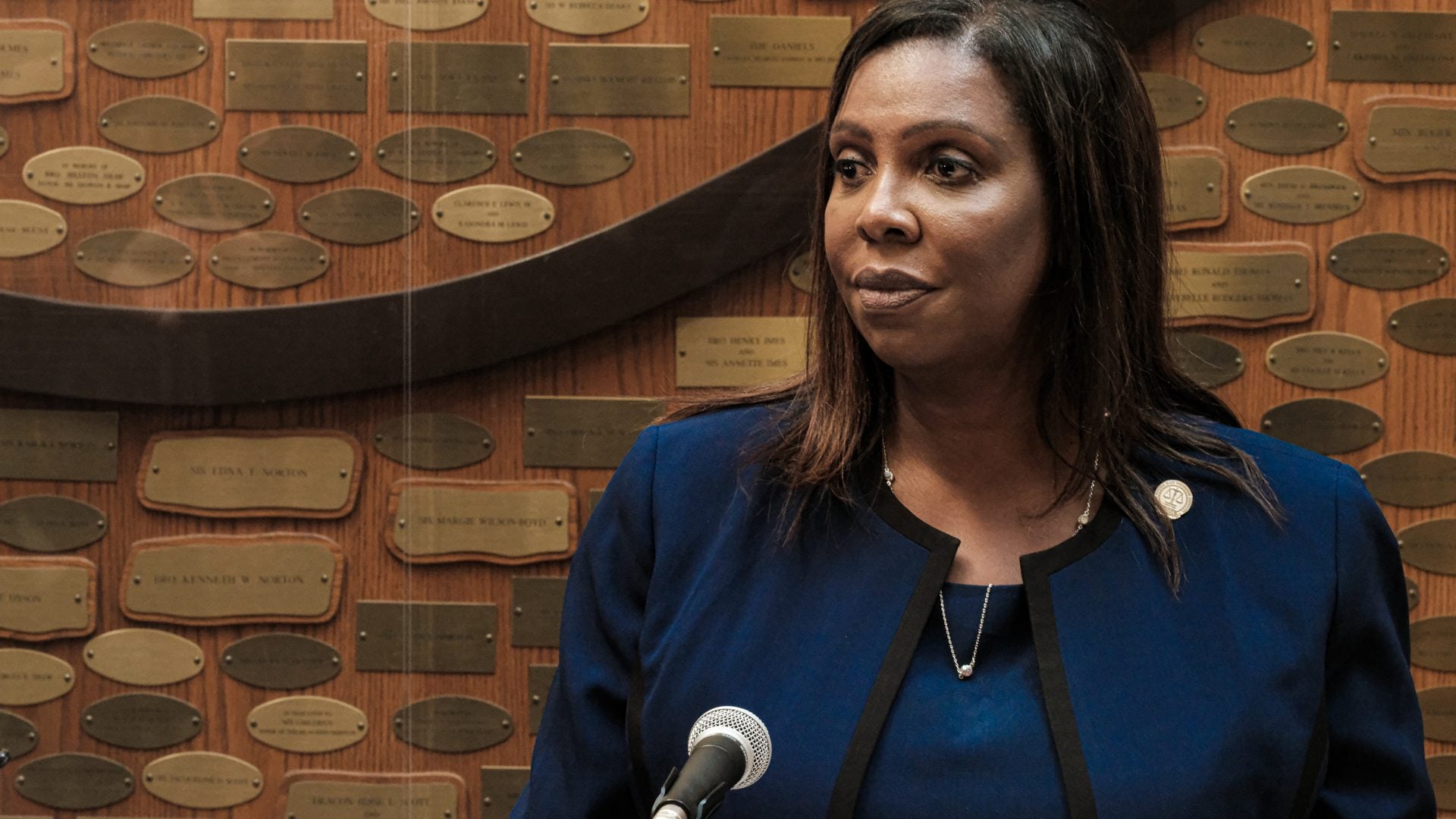
New York’s attorney general announced Tuesday that a grand jury has declined to indict the officers responsible for Daniel Prude’s death.
Rochester officers encountered 41-year-old Prude on March 23, 2020 while responding to a call about a man who was acting erratically. He was in the midst of a mental health crisis and was walking through the streets naked. Officers detained Prude and placed a mesh bag over his head in order to stop him from spitting. An officer then pushed Prude’s face against the ground, and another officer pushed his knee into Prude’s back. These two officers held Prude down for two minutes. As a result, Prude fell unconscious was eventually placed on life support. He died a week later.
“The system failed Daniel Prude again,” said Elliot Shields, attorney for the Prude family. “It failed him on March 22 when he was released from the hospital. It failed him on the night of March 23 when the police used deadly force against him. And it failed him again today.”
Attorney General Letitia James, who took over the investigation into Prude’s death, said she and her team were unable to persuade the grand jury that the officers involved committed a crime. “I know that the Prude family, the Rochester community and communities across the country will rightfully be disappointed by this outcome,” James said. She added that she is disappointed with a justice system that does not hold “officers accountable for the unjustified killing of African Americans.”
The public did not become aware of Prude’s death until six months after the incident took place. Police initially stated Prude died from an overdose. However, once body camera footage of the deadly encounter was released, Rochester residents took to the streets and demanded the officers involved be fired, charged and convicted for Prude’s death.
After receiving immense pressure, Rochester Mayor Lovely Warren fired Rochester police chief La’Ron Singletary due to the way he handled the Prude case. Warren said the grand jury’s decision to not indict the officers is “hard for many of us to understand.”
Many protesters took to the streets to protest the grand jury’s decision, claiming the officers should have been held accountable.
Attorneys representing the seven officers involved in Prude’s death argue that the officers were just doing their jobs and that Prude’s use of PCP caused his death.